On October 25, the opening ceremony of the signing of the United Nations Convention against Cybercrime with the theme: "Fighting Cybercrime - Sharing Responsibility - Looking Towards the Future" solemnly took place in Hanoi .
The United Nations General Assembly's adoption of the Convention against Cybercrime (December 2024) and the signing ceremony in Hanoi are vivid proof of the sense of responsibility of nations in protecting cyberspace - the common property of all mankind.
This event is not only a legal procedure but also a platform to promote dialogue, share experiences, strengthen partnerships between governments , international organizations, and the private sector, becoming a forum to promote the implementation of the United Nations Convention and global cooperation in combating cybercrime.
The power of multilateralism
The signing of the Hanoi Convention is a resounding statement that multilateralism is still working and that the international community is serious about tackling cybercrime.
That was the comment of Ms. Ghada Waly, Executive Director of the United Nations Office on Drugs and Crime (UNODC). She affirmed that UNODC is proud to support Vietnam in organizing this conference and believes in Vietnam's leadership and cooperation in putting the new Convention into practice.
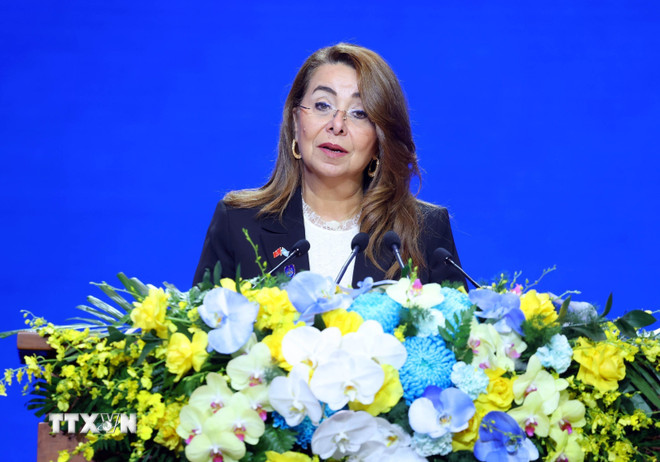
A new era of cybercrime has arrived, says Ghada Waly. Advances in software and artificial intelligence are reshaping the scope, scale and sophistication of the threats we face.
Ransomware attacks used to just lock up hard drives; today they can cripple entire supply chains and demand billions of dollars in ransom.
Phishing scams used to be clumsy fake emails or login pages; now they've evolved into sophisticated automated phishing campaigns.
Online scams used to target the inexperienced; now AI can fool anyone into believing they are talking to the police, a bank employee, or even a relative.
All of this is changing the face of organized crime. Different forms of illicit trade are expanding, as goods, money and expertise move more easily in the “dark” of the digital world .
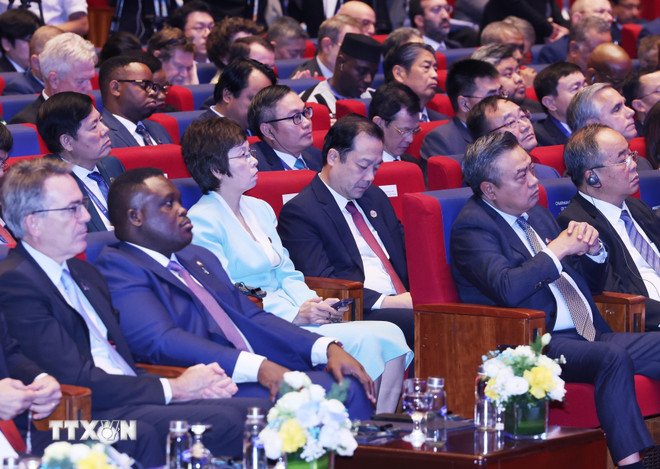
That is why the United Nations Convention against Cybercrime marks a turning point, filling urgent gaps in the global response to cybercrime, and creating a practical basis for collective action.
“The UN Convention against Cybercrime is a historic opportunity. To seize this opportunity, we need to achieve two objectives: Ensure the Convention’s early entry into force, as called for by the Secretary-General, by promoting signatures and ratifications by all States Parties; and Lay the foundation for its full and effective implementation, including through legislation, partnerships and technical capacity. This requires significant political and financial investment, particularly in capacity building support for developing countries, and we need to work with the private sector and civil society to realize the Convention’s full potential,” stressed Ms. Ghada Waly.
Working together for the common good of humanity
According to Russian Ambassador to Vietnam Gennady Bezdetko, the signing ceremony of the Hanoi Convention is a useful forum for countries to share experiences and practical applications with international partners in the fight against information crime.
“We note the growing interest of the international community in preventing the use of information and communication technologies (ICT) for criminal purposes. The digital age opens up enormous opportunities for development, but also poses new challenges for countries. Cybercrime is now global, increasingly highly organized and sophisticated in its operations. Criminals take advantage of technological advances and innovations, including artificial intelligence,” the Ambassador shared.
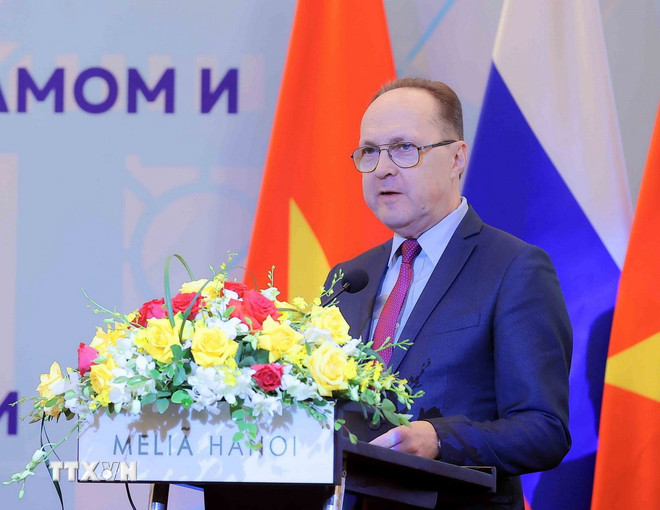
In that context, the need for comprehensive international cooperation to ensure the digital transformation process takes place safely and sustainably, as well as to form unified approaches to international information security, use of modern ICT technology and protection of electronic data, becomes extremely urgent.
The Ambassador affirmed that Russia will make every effort to promote dialogue between countries, enhance mutual understanding and jointly seek solutions towards building a safe, open and fair digital future.
According to the Ambassador, cooperation in the field of information security, including cybercrime prevention, holds an important position in the picture of multi-sectoral cooperation between Vietnam and Russia. This is completely reasonable because the two countries are facing similar challenges in the information space.
“The signing of the Hanoi Convention marks a historic milestone in the international community’s efforts to ensure global information security. This is the first universal international legal mechanism in this field, clearly demonstrating the urgent need to establish new international legal standards to manage the digital space fairly and effectively, for the common good of all humanity,” the Ambassador emphasized.
Hanoi: The origin of an international commitment
Sharing his views on this issue, Associate Professor - Doctor Bui Hoai Son, Standing Member of the National Assembly's Committee on Culture and Society, said that the United Nations' selection of Hanoi - the capital of Vietnam as the place to sign the International Convention on Cybercrime is a historical milestone with many layers of significance, not only in terms of law, but also in terms of culture, politics and national stature.
This is the first time in history that the name of Vietnam's capital has been associated with a global convention of the United Nations, affirming Hanoi's position as the center of a country that is "growing strongly" in the new era: Independence, autonomy, responsibility and deep integration with the world.
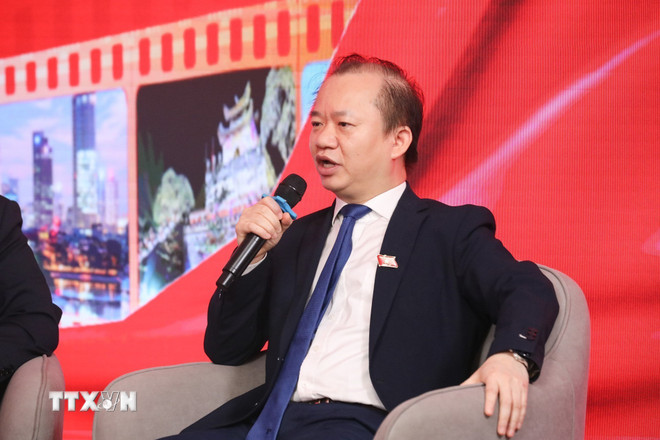
According to Mr. Bui Hoai Son, if more than two decades ago, Hanoi was honored by UNESCO as a "City for Peace" and then as a "Creative City" in 2019, then today, the "Hanoi Convention" is the next symbol, marking a new development step of Vietnamese diplomacy in the digital age - a diplomacy with a humanistic identity, always promoting peace and cooperation, and now expanding to cyberspace - the new frontier of humanity.
In the new era, when the country enters a new stage of development with independence, self-reliance and proactive integration, Hanoi becoming the starting point of a global convention of human significance has added a new chapter to the journey of "Vietnam - a nation that builds peace, promotes cooperation and leads humanistic values in the digital age."
“The Hanoi Convention is not only a document against cybercrime, but also an affirmation of Vietnam's aspiration to contribute to peace, security and sustainable development of humanity, in line with the spirit that our Party and State have repeatedly emphasized: Vietnam is a friend, a reliable partner and a responsible member of the international community,” said Mr. Bui Hoai Son./.
Source: https://www.vietnamplus.vn/cong-uoc-ha-no-luc-chung-de-bao-dam-an-ninh-thong-tin-toan-cau-post1072635.vnp


![[Photo] General Secretary To Lam received the delegation attending the international conference on Vietnam studies](https://vphoto.vietnam.vn/thumb/1200x675/vietnam/resource/IMAGE/2025/10/26/1761456527874_a1-bnd-5260-7947-jpg.webp)
![[Photo] Enjoy the Liuyang Fireworks Festival in Hunan, China](https://vphoto.vietnam.vn/thumb/1200x675/vietnam/resource/IMAGE/2025/10/26/1761463428882_ndo_br_02-1-my-1-jpg.webp)

![[Photo] Nhan Dan Newspaper displays and solicits comments on the Draft Documents of the 14th National Party Congress](https://vphoto.vietnam.vn/thumb/1200x675/vietnam/resource/IMAGE/2025/10/26/1761470328996_ndo_br_bao-long-171-8916-jpg.webp)


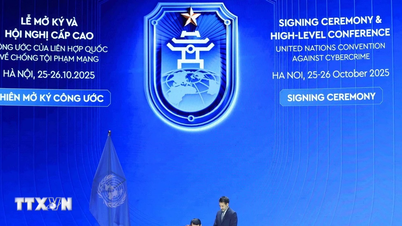
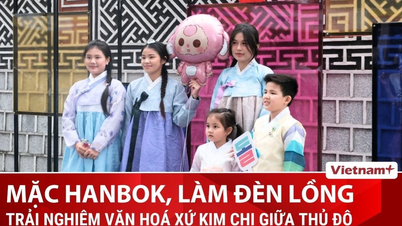


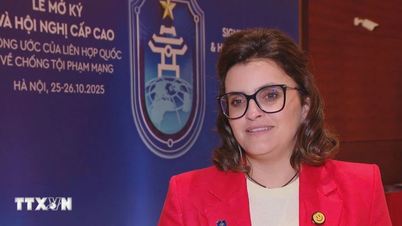
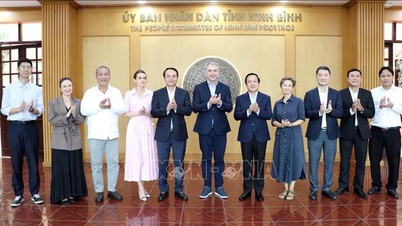
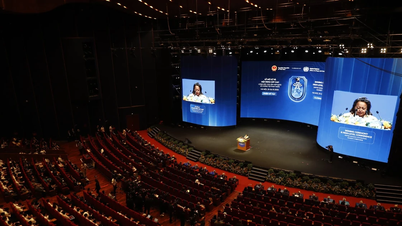
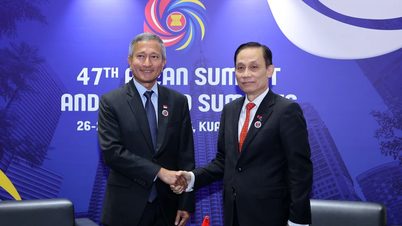

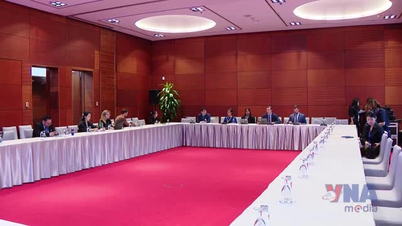
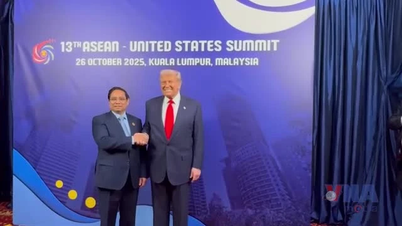
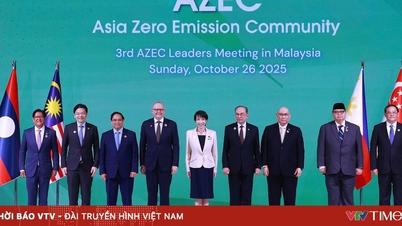

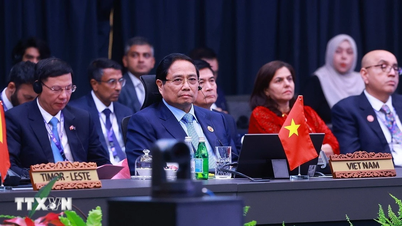
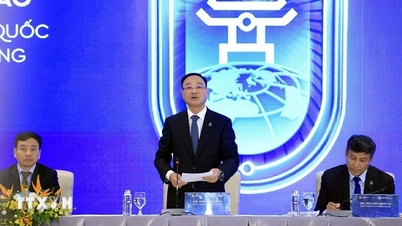





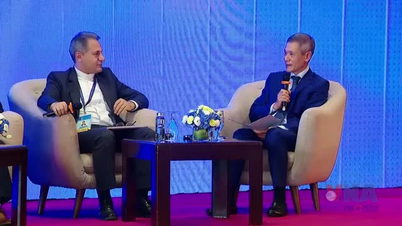
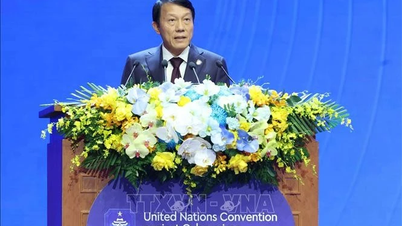
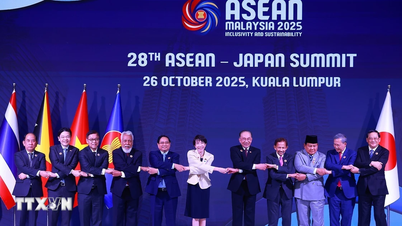
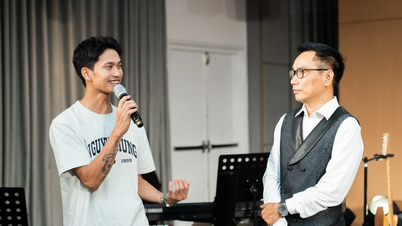
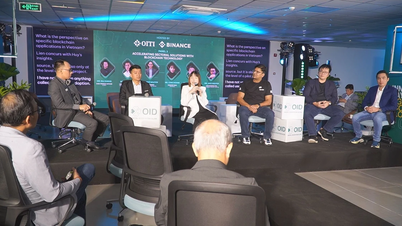
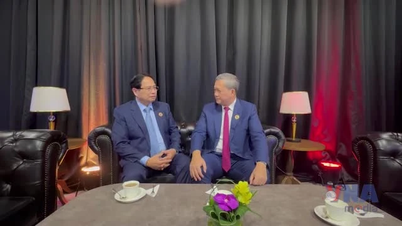

![[Photo] Prime Minister Pham Minh Chinh attends the opening of the 47th ASEAN Summit](https://vphoto.vietnam.vn/thumb/1200x675/vietnam/resource/IMAGE/2025/10/26/1761452925332_c2a-jpg.webp)





































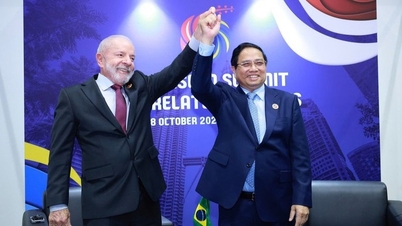
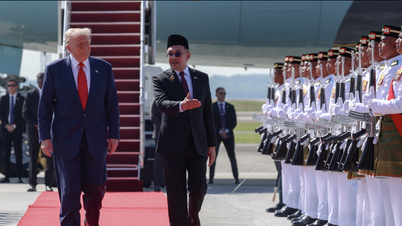

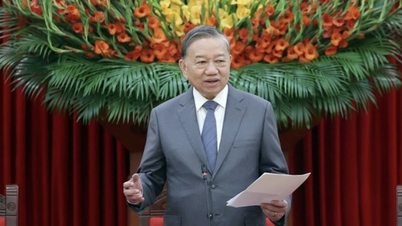

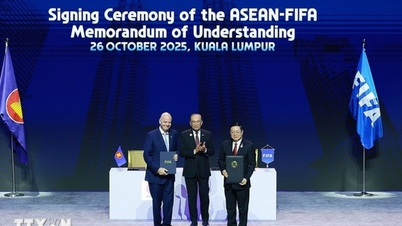

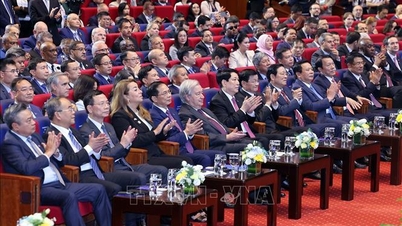

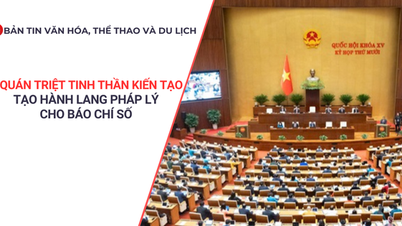

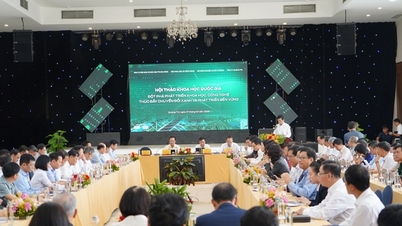


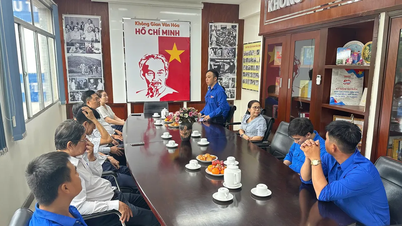
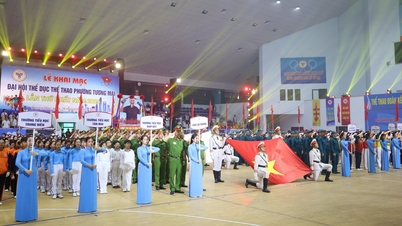
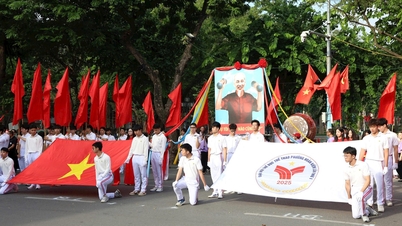
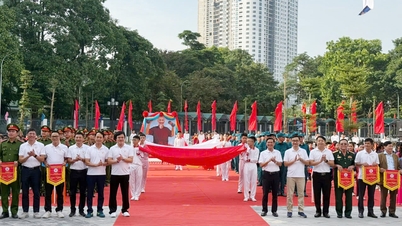
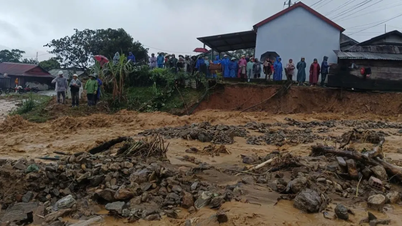
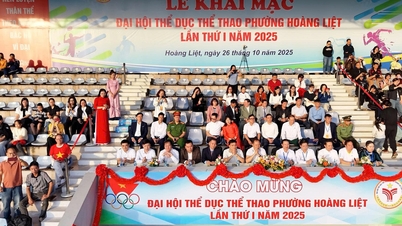















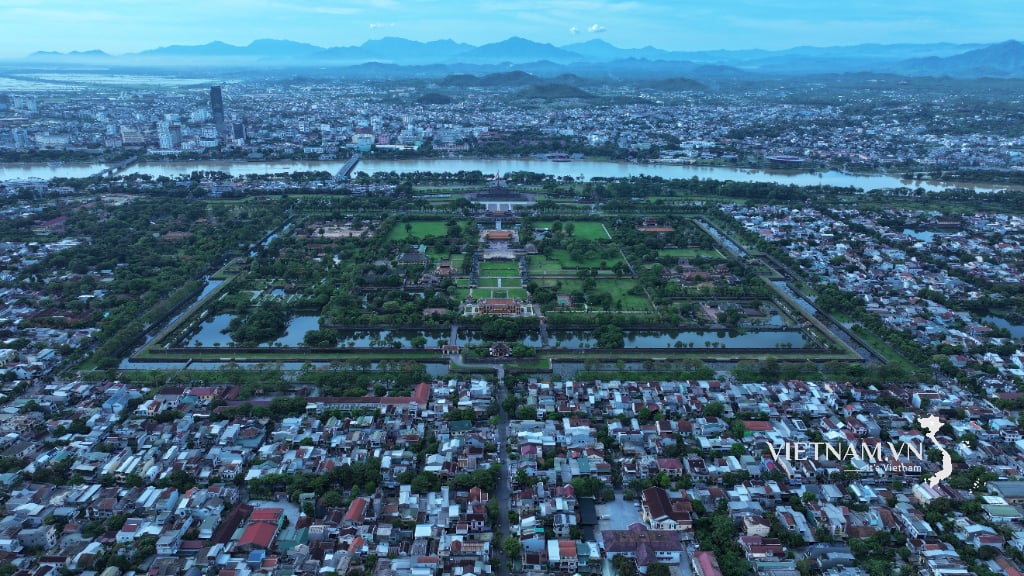
Comment (0)